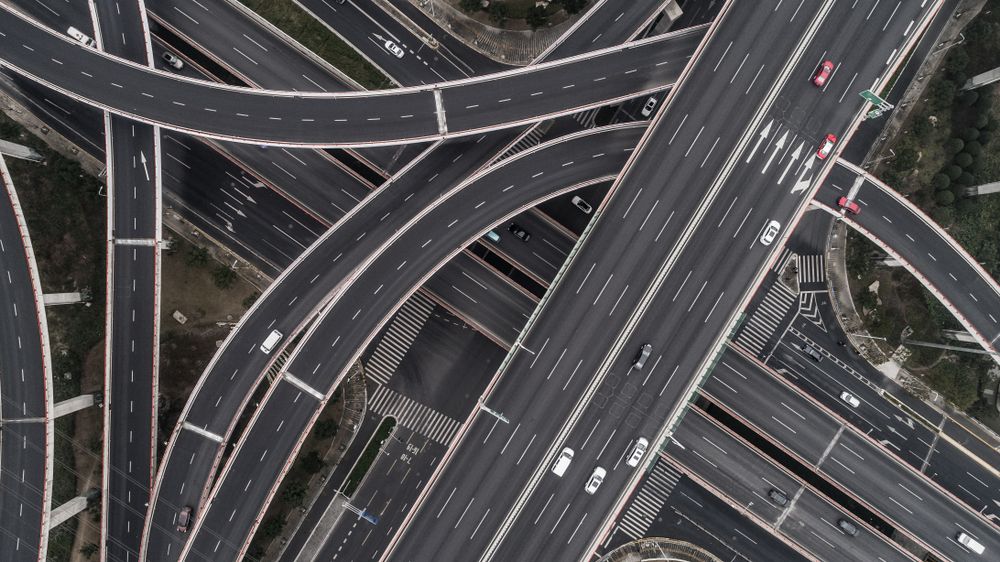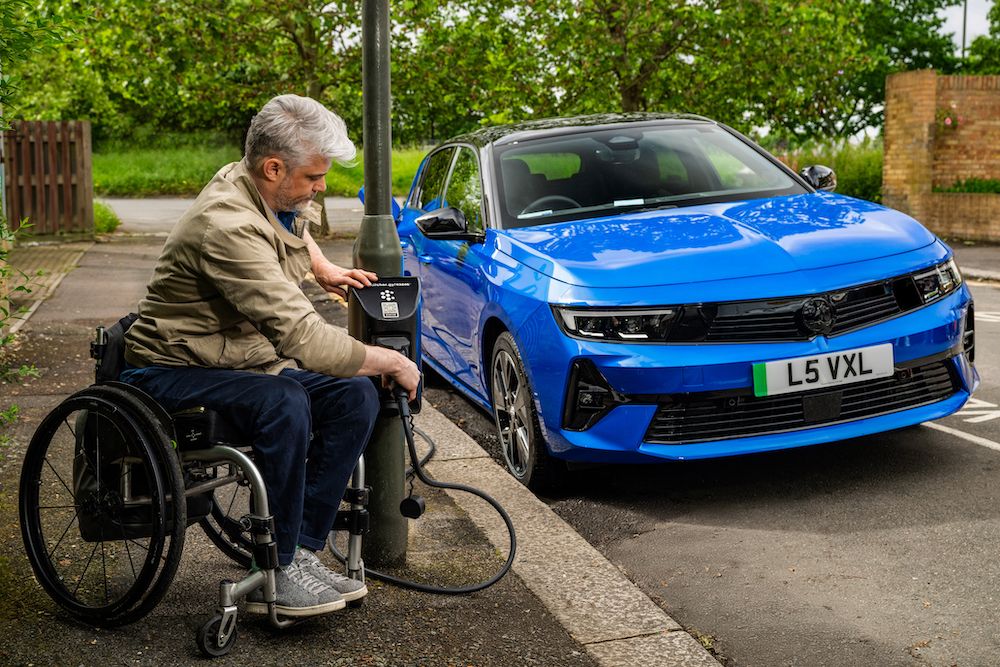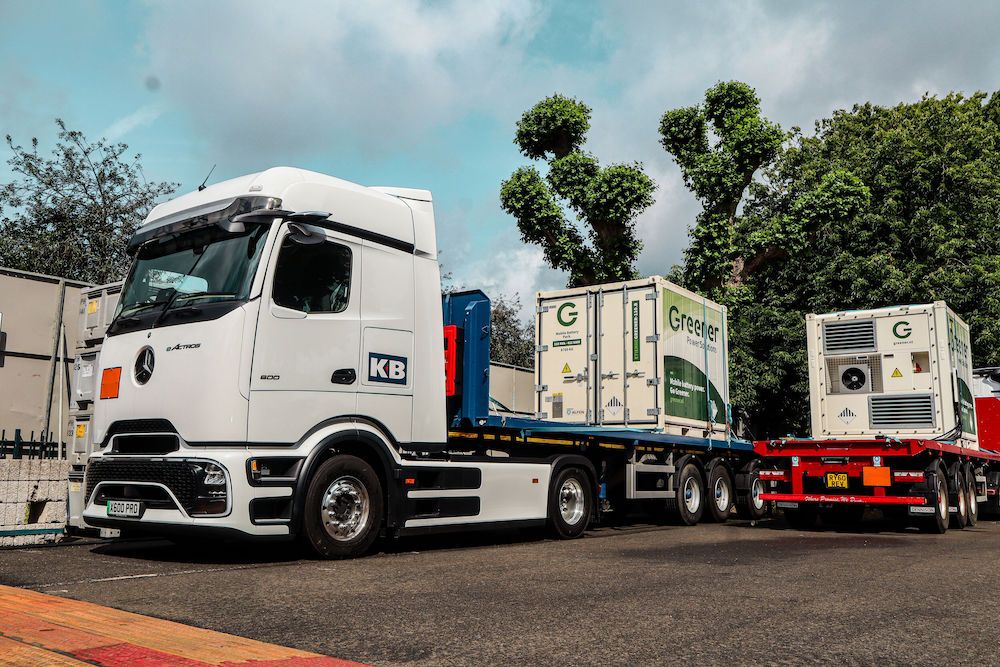Malcolm Wilkinson is Head of Energy and Intelligent Transport Systems at National Highways. Here, he speaks to Transport + Energy ahead of appearing at next week’s ITT Hub event where he’ll be speaking in the Energy Theatre Hub.
Q. What does your role involve?
A. “As Head of Energy and Intelligent Transport Systems at National Highways, I’m responsible for researching technologies that will improve the operation and efficiency of the strategic road network (SRN) – England’s 4,300 miles of motorways and major A-roads – and developing that research into operational standards.
Q. What is National Highways doing to ensure carbon reduction targets are met?
A. “Last year we published our ambitious plan to reduce and remove our carbon emissions – “Net Zero Highways”. This set challenging targets for all aspects of National Highways’ work, which are being closely monitored by our Executive.”
Q. How big a focus is National Highways putting on the rollout of electric vehicle (EV) charging infrastructure?
A. “In line with the National Infrastructure Strategy, our role is not to provide change points but to assist and facilitate the private sector in their delivery plans. We are working closely with OZEV and the motorway service area operators to play our part in delivering the target of six high powered charge points in every motorway service area (MSA) by 2023. For example, we are procuring energy storage systems (ESS) to be located in some MSAs to bridge the gap between current grid capacity and the demand. These batteries will charge up during quieter periods, to ensure a better service for customers at busy times.
“We are also working with OZEV on developing the Rapid Charging Fund, which will be a game-changer for roadside services on our network, future proofing grid capacity for years to come.”
Q. In what ways is National Highways supporting the transition to EVs?
A. “As the number of EVs is increasing, we are adjusting our on-road responses to ensure that we can serve the needs of these customers. For example, we are training our traffic officers to support and, where necessary, recover electric vehicles in a safe way.
“Another key role for National Highways is in supporting DfT, as we try to find a solution to HGV decarbonisation. We were a key stakeholder in the feasibility studies that DfT funded last year, and we worked closely with the teams exploring electric road systems. Such systems could have a significant impact on how we maintain and operate the SRN, and we are thinking about what would need to change, and how.”
Q. What are some of the challenges around ensuring there is enough power to charge up the increasing number of EVs on the network and how are you meeting them?
A. “Local and National Grid capacity will inevitably be a challenge as the number of EVs increases. As a road operator, we don’t have a role in providing this, but we do work closely with National Grid and the distribution network operators. We will support them where we can, to ensure that capacity is available where it is needed.”
Q. Tell us more about the targets that National Highways has set and the role of your new environmental sustainability division.
A. “We have brought together National Highways’ environmental teams and the new carbon team in a single division, raising the profile of environment within the organisation and creating additional capacity and capability on this vital subject. As well as driving our net zero commitments, the division will also develop our long-term vision for an environmentally sustainable National Highways, taking steps to enhance biodiversity and reduce local environmental impacts.
Our Net Zero Highways plan sets three ambitious targets:
- To be net zero for our own activities by 2030
- To be net zero for our maintenance and construction activities by 2040, and
- For travel on the SRN to be net zero by 2050.
“Each of these targets requires us to think differently about what we do and how we do it. For many elements, we don’t yet know how exactly we will deliver them, but we will work with industry and experts to find viable, economic solutions. The key thing is that we are motivated and determined to succeed.”
Q. What are you most looking forward to at this year’s ITT Hub event?
A. “Meeting face-to-face with people who I have only known through Teams calls!”
About ITT Hub 2022
ITT Hub is the annual meeting place for the commercial road transport sector, bringing together the latest innovation and technology for bus, coach, truck, van, last mile and autonomous vehicle fleets. The event is taking place from 11-12 May 2022 at Farnborough International.
With this sector set to revolutionise as the industry transitions to net zero, the need for collaboration, learning, networking and experiencing is more potent than ever.
ITT Hub provides a platform for showcasing the latest technology, equipment and services in the indoor and outdoor exhibition, learning and collaborating at the high profile Future Logistics conference and the opportunity to experience brand new vehicles in the Ride & Drive test routes.
Energy Theatre Hub 2022
This is the place where debate and discussion on transport issues will have energy running through the heart of them.
Three panel discussions each day with transport industry guests covering the latest topics affecting energy and infrastructure, including daily distribution sessions from National Grid and Western Power Distribution, who are acting as hub partners.
Transport + Energy will be hosting a number of the sessions over the two days of ITT Hub and can be found on Stand 1028 at the event. You can register to attend here.














